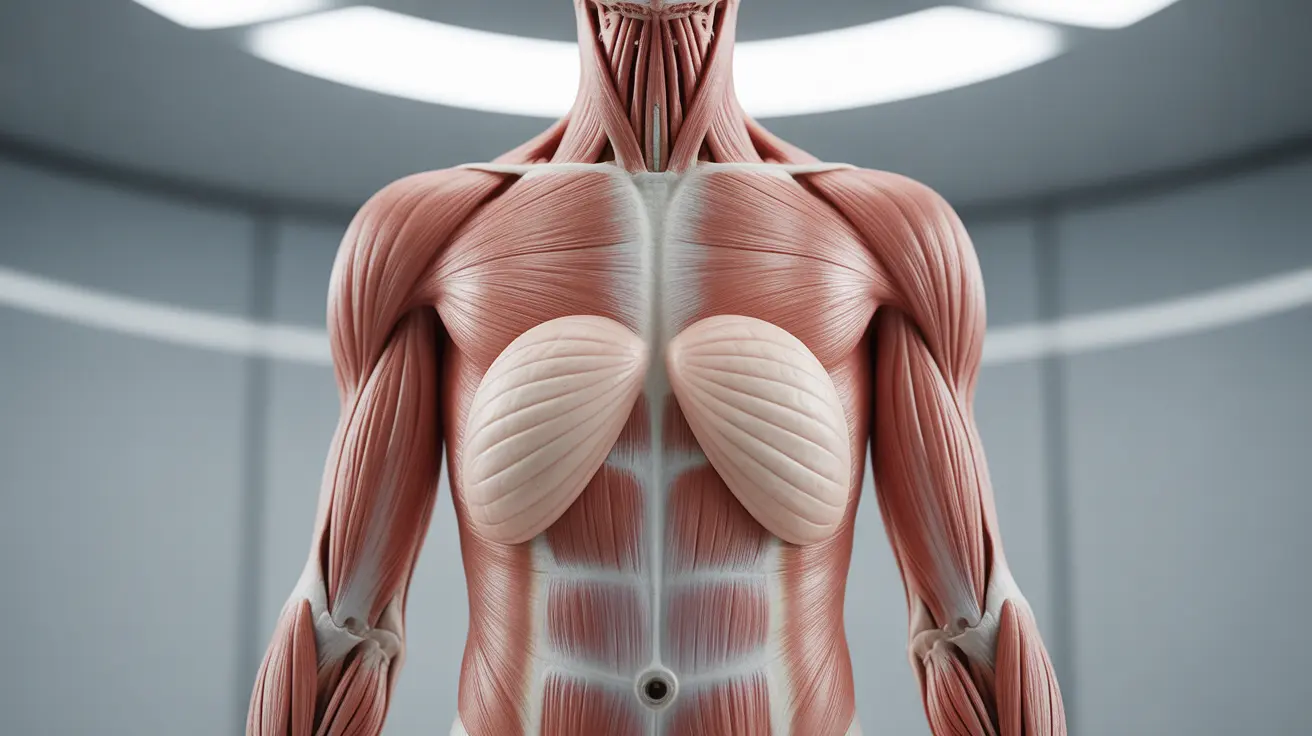Chronic hiccups, medically known as persistent or intractable hiccups, represent a challenging condition that extends far beyond the typical short-lived hiccup episodes most people experience. When hiccups persist for 48 hours or longer, they're classified as chronic, potentially signaling underlying health issues and significantly impacting quality of life.
While occasional hiccups are a common and usually harmless occurrence, chronic hiccups can disrupt sleep, eating, and daily activities, making them a serious medical concern that requires proper evaluation and treatment.
Understanding Chronic Hiccups
Chronic hiccups differ significantly from regular hiccups in both duration and potential causes. While normal hiccups typically resolve within minutes or hours, chronic hiccups persist for days, weeks, or even months. This persistent condition occurs when the diaphragm and nearby muscles experience repeated, involuntary contractions.
Common Triggers and Risk Factors
Several factors can contribute to the development of chronic hiccups:
- Gastrointestinal conditions
- Neurological disorders
- Certain medications
- Recent surgery
- Tumors affecting the brain, neck, or chest
- Severe emotional stress or trauma
Medical Evaluation and Diagnosis
When hiccups persist beyond 48 hours, medical evaluation becomes crucial. Healthcare providers typically conduct a thorough physical examination and may order various diagnostic tests to identify underlying causes:
- Blood tests
- Imaging studies (CT scans, MRI)
- Endoscopic examinations
- Neurological evaluations
Treatment Approaches
Medical Interventions
Treatment for chronic hiccups often involves a multi-faceted approach, depending on the underlying cause:
- Prescription medications (such as baclofen or chlorpromazine)
- Nerve blocks
- Surgical interventions in severe cases
- Treatment of underlying medical conditions
Alternative Therapies
Some patients find relief through alternative approaches:
- Acupuncture
- Breathing exercises
- Hypnotherapy
- Biofeedback techniques
Prevention and Lifestyle Modifications
While not all cases of chronic hiccups can be prevented, certain lifestyle modifications may help reduce their occurrence:
- Avoiding trigger foods and beverages
- Maintaining proper eating habits
- Stress management techniques
- Regular exercise and proper posture
- Adequate sleep and rest
Frequently Asked Questions
What are the common causes of chronic hiccups, and how do they differ from regular hiccups?
Chronic hiccups, lasting more than 48 hours, are often caused by underlying medical conditions such as gastrointestinal disorders, central nervous system issues, or tumors. Unlike regular hiccups that resolve quickly, chronic hiccups persist and may indicate serious health concerns requiring medical attention.
How are chronic hiccups typically treated, and what medications are commonly used?
Treatment typically involves medications like baclofen, chlorpromazine, or metoclopramide. Doctors may also prescribe anticonvulsants or muscle relaxants. Treatment plans are customized based on the underlying cause and may include a combination of medications and therapeutic interventions.
Can chronic hiccups be a sign of an underlying serious health issue, and what conditions might be related?
Yes, chronic hiccups can indicate serious conditions such as brain tumors, multiple sclerosis, stroke, or gastrointestinal disorders. They may also be associated with infections, inflammation, or structural abnormalities affecting the chest or abdomen.
What alternative therapies or lifestyle changes might help manage chronic hiccups if conventional treatments fail?
Alternative approaches include acupuncture, breathing exercises, meditation, and dietary modifications. Some people find relief through complementary therapies like hypnosis or biofeedback. Lifestyle changes such as stress reduction and improved eating habits may also help.
How can one prevent or reduce the risk of experiencing chronic hiccups, especially after surgery or illness?
Prevention strategies include proper post-surgical care, maintaining good eating habits, avoiding trigger foods, and managing stress. Following medical recommendations carefully after surgery or illness, including proper medication management, can help reduce the risk of developing chronic hiccups.




